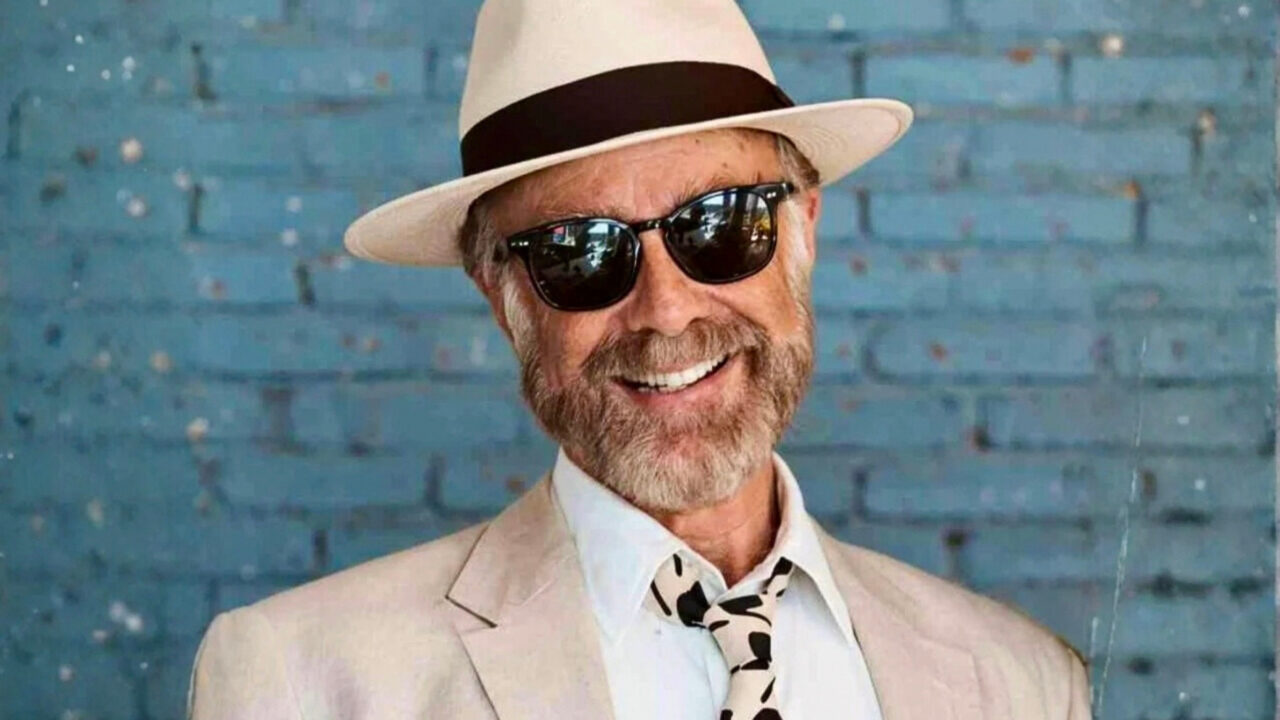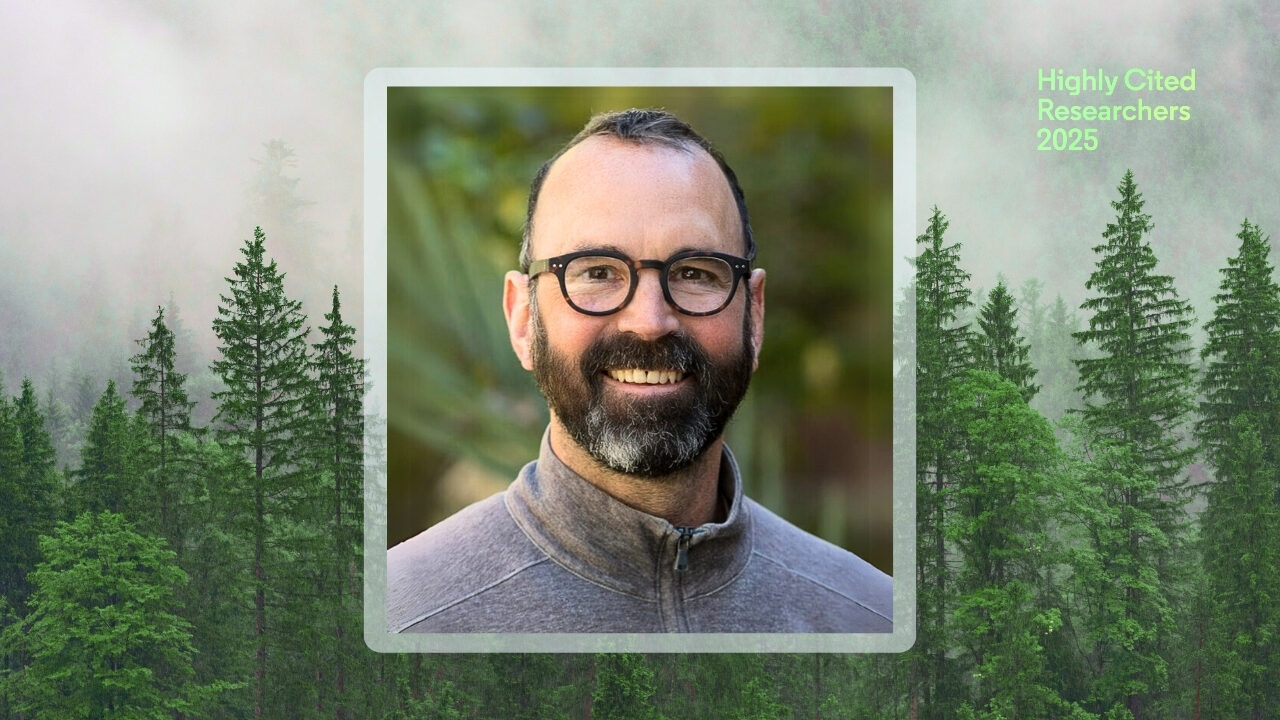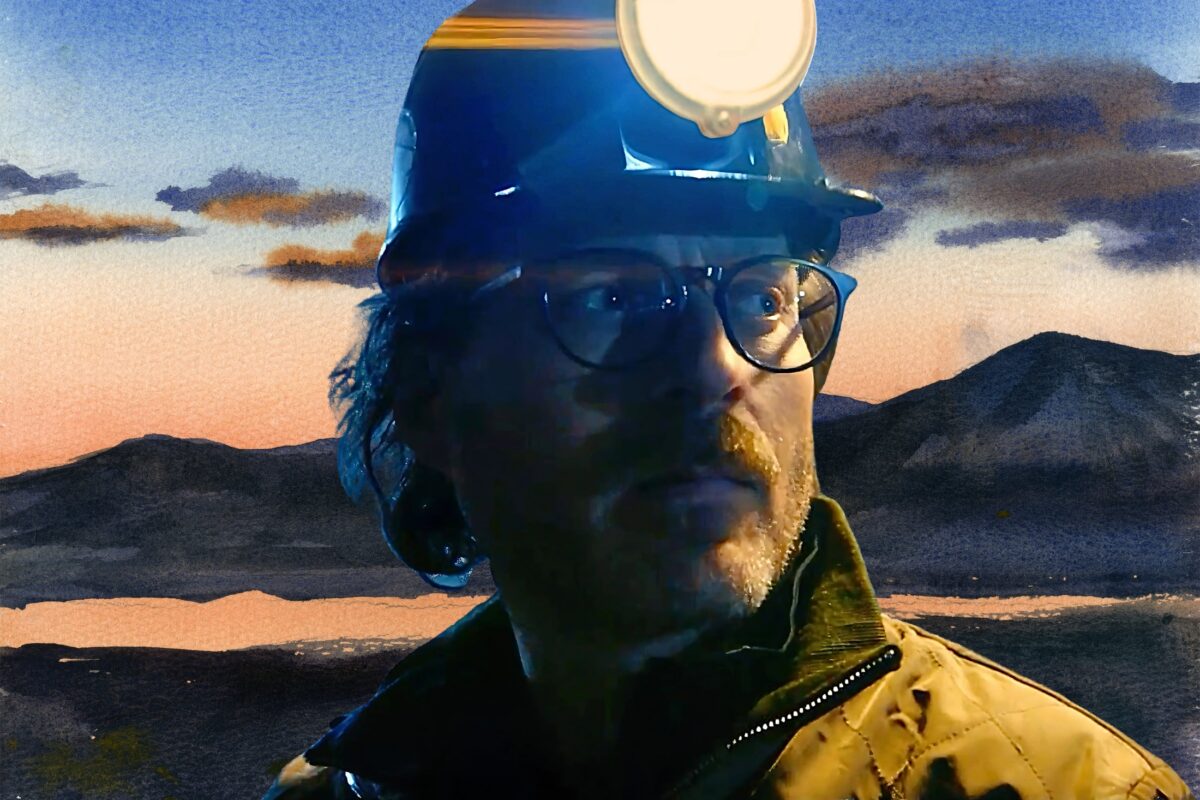
Announcing the 2025 Pritzker Emerging Environmental Genius Award nominees
Thirteen nominees. Five continents. One common denominator: a new blueprint for environmental leadership.
The 2025 Pritzker Emerging Environmental Genius Award nominees are less a list than a signal — a cross-section of where environmental progress is headed, and who is leading it. All under the age of 40, this year’s cohort spans five continents and a constellation of fields: AI ethics, regenerative agriculture, marine carbon storage. If there’s a unifying thread, it’s that climate leadership is no longer confined to a single discipline or job title.
These are business founders who also steward ecosystems. Climate scientists who also code. Policy advocates who bridge infrastructure with imagination. From Los Angeles to Lagos, the nominees are reframing the built environment as climate intervention — treating housing, refrigeration and public space not as privileges, but as cornerstones of life in a warming world.
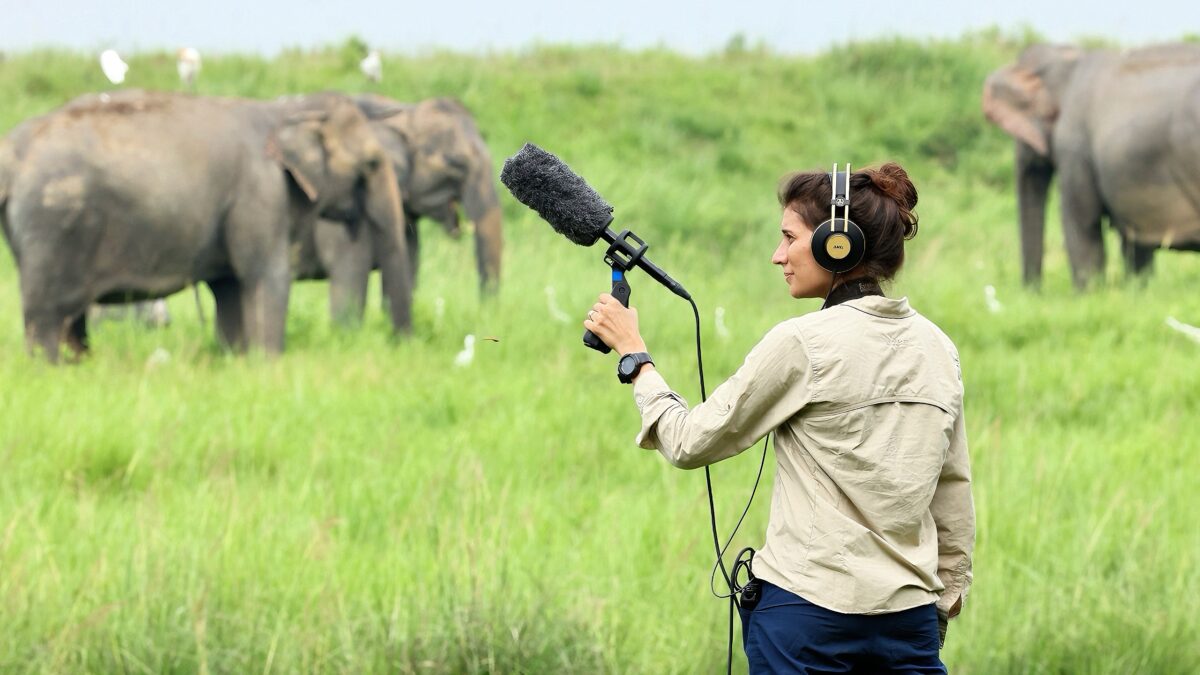
There’s also a quiet departure underway — a shift from top-down strategies to community-first models, grounded in ancestral knowledge and local context. In one breath, a nominee might speak about AI-driven energy forecasting; in the next, they might reflect on oral histories and soil memory.
Taken together, the 2025 nominees represent more than a promising set of individuals. They reflect a broader evolution, one toward solutions that are human-first, technically rigorous and emotionally intelligent. In a crowded landscape of climate headlines, they offer something rarer: hope.
Meet the 2025 Nominees
Tiana Andriamanana, Madagascar – Executive Director of Fanamby Association, conservation leader integrating sustainable supply chains into protected-area management
Kerllen da Silva Freitas Costa, Angola – Angola Country Director of the National Geographic Okavango Wilderness Project, ethnobiologist and environmental anthropologist centering indigenous knowledge in biodiversity conservation
Priya Donti, United States – Co-founder and Chair of Climate Change AI, Assistant Professor at MIT, computer scientist developing machine learning tools for renewable energy and climate planning
Deborah Gael, France/Nigeria – Co-founder and COO of Koolboks, climate tech entrepreneur scaling solar refrigeration to improve energy access in underserved regions
Mason Grimshaw, United States – Vice President of IndigiGenius, Co-founder and Instructor of the Lakota AI Code Camp, data scientist developing AI tools and coding education programs that support tribal climate resilience
Chelsea Kirk, United States – Director of Policy and Advocacy of Climate and the Built Environment at Strategic Actions for a Just Economy, climate policy expert advancing tenant protections, equitable housing and energy policy in California
Seema Lokhandwala, India – Founder and Principal Investigator of the Elephant Acoustics Project, conservation scientist developing acoustic technologies to monitor elephants and reduce human-wildlife conflict
Denica Riadini-Flesch, Indonesia – Founder and CEO of SukkhaCitta, sustainable fashion economist creating farm-to-closet systems that empower women and regenerate land
Maya Smith & Joye Williams, United States – Co-founding Executive Directors of the Boston Harbor Women of Color Coalition, environmental justice advocates creating inclusive coastal spaces through culturally rooted, community-driven programs
Viji Thomas, United States – Co-founder and CEO of Sinkco Labs, climate biotech entrepreneur developing marine-based carbon removal using biomass injection
Doris Wanjiru, Kenya – Founder of Lamu Décor, social entrepreneur using sustainable design and AI to protect mangrove ecosystems and support coastal livelihoods
Anthony Waddle, Australia – Schmidt Science Fellow at Macquarie University, conservation biologist developing new tools to protect amphibians from deadly disease
Jonathan Webb, United States – Co-founder and CEO of The Nuclear Company, clean energy entrepreneur building gigawatt-scale nuclear infrastructure to meet surging U.S. energy demand
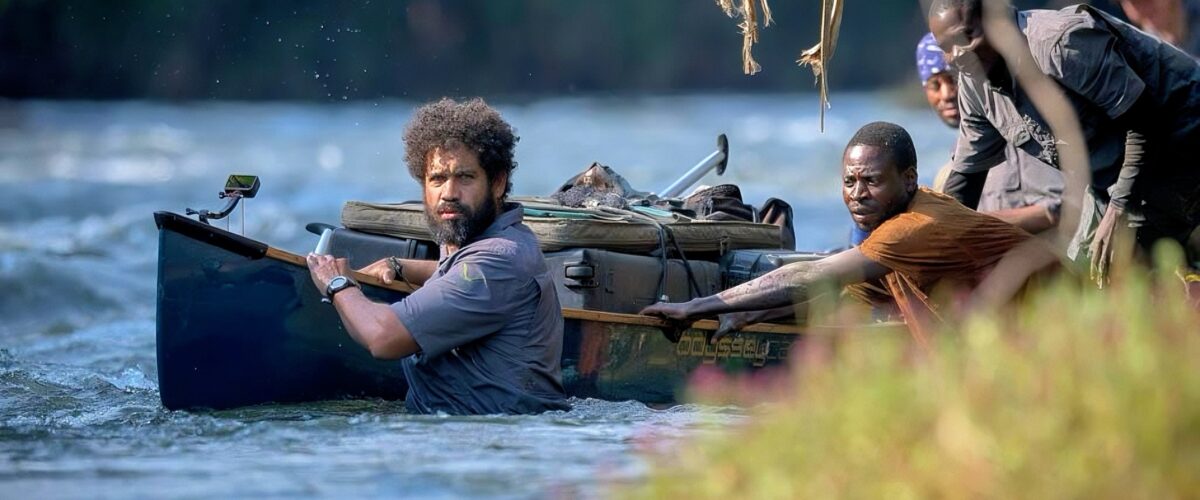
Now in its ninth year, the Pritzker Emerging Environmental Genius Award was created to identify and support the most promising young minds working at the forefront of environmental progress. While the award is grounded in financial support — $100,000 to the winner and $5,000 each to two additional finalists, made possible by the Anthony Pritzker Family Foundation — its influence runs deeper. It offers visibility, community and institutional backing at a time when emerging leaders often work without any of the above.
The 2025 nominees were selected through a competitive global nomination process. Each candidate was put forward by a leader in the field — individuals who themselves have helped shape major environmental strides.
“This opportunity is a reminder of the power of science, education and community leadership in shaping climate solutions,” said Nathalie Flores, who returned as a nominator for the second year in a row. “The nominees this year reflect the depth of talent and commitment driving real environmental impact across sectors and regions.”
In the coming weeks, a committee of experts will evaluate the nominees and name three finalists. Those finalists will be presented to a distinguished panel of judges: Abel Valenzuela, Jr., dean of social sciences and UCLA professor; Ah-Hyung “Alissa” Park, dean of the Samueli School of Engineering and UCLA professor; Jeanne Holm, chair of the Claremont Graduate University Board of Trustees; Andrew Steer, former CEO of the Bezos Earth Fund; and Anastasia Loukaitou-Sideris, dean of the Luskin School of Public Affairs.
The winner will be announced at a ceremony at UCLA’s Hershey Hall on October 8, 2025.
While the structure is formal, the momentum behind the award is personal. This year’s nominees aren’t just responding to climate change — they’re redefining how environmental leadership looks, feels and operates. They remind us that genius doesn’t just emerge. It builds, collaborates, and, when supported early, it lasts.
Finalists will be announced August 12. Follow UCLA Environment’s social channels for more on the nominees — and their path to the prize.


